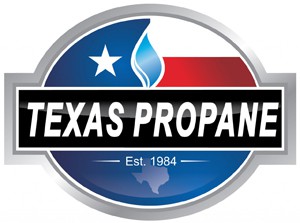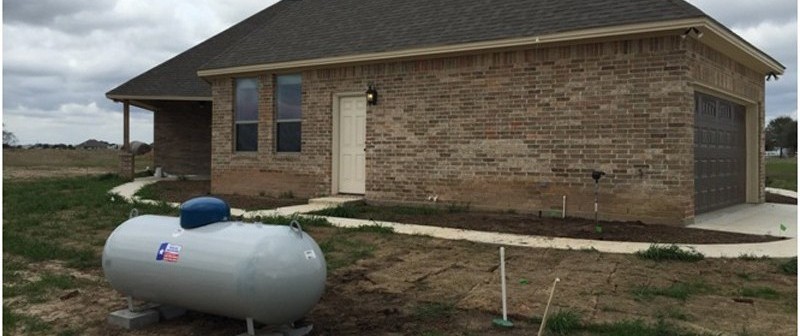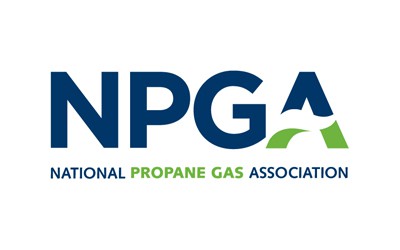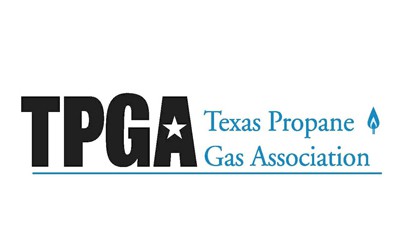Propane Repairs and Propane System Modifications
Propane System Modification
Often times, homeowners who perform modifications to a propane system result in an unsafe and illegal situation. For example, you have a room in your house that you need to put a new space heater in. However, there is no gas valve or connection so you figure you will do it yourself. It is not just as simple as getting some pipe or tubing and running the line and attaching a valve in the room for the heater.
Some questions come to mind that you probably don’t know you need the answer to, including the following:
- How will this new gas outlet affect other appliances when in use?
- Will the current regulator be sufficient for the total BTU load?
- Are there any permitting requirements or local codes to be complied with?
- Does the length of the pipe or tubing require a second stage regulator?
- Is the regulator designed and/or legal for fixed propane piping systems?
- What size tubing or pipe will you need so that the heater will function properly?
- Will the propane company still fill my tank if I don’t repair this properly? What is properly?
- Are flue gases an issue? What about appliance venting and is it necessary?
Also, improper installation of a piping system can lead to the incomplete combustion of propane. Carbon Monoxide is a deadly byproduct of incomplete combustion. It can cause death within a matter of minutes if concentration levels are high enough.
Therefore, it is best to leave propane tank repairs and modifications to the professionals. Texas Propane knows how to properly make additions to your existing propane system so that the entire system will function properly.
Propane Troubleshooting and Repairs
Buying tools, parts and supplies from the local hardware store to make household repairs is something many of us do because of the availability and convenience. While books about hazardous and dangerous household subjects such as electricity are readily available, finding a book on propane repairs or LP Gas troubleshooting is quite difficult.
In addition to many years of experience, our professionals here at Texas Propane have access to tools and equipment that can properly diagnose and identify problems with a propane gas system.
Moving Your Propane Tank
While it is not necessarily illegal to move your propane tank, the risks involved with moving it far outweigh the advantages. Many things can go wrong while using equipment such as a forklift or front-end loader to move the tank yourself. For example, if the tank still has liquid propane in it, you could damage the lifting lugs rendering them useless. Also, if you go a step further by welding on the tank, the tank may become completely unusable. Welding on any propane container is illegal unless the welding is by a tank manufacturer or an approved tank fabrication and repair firm. If your propane tank rolls over after hitting the ground, this can break valves and fittings. Therefore, this allows propane to vent dangerously into the vicinity creating an extremely hazardous situation.
Too much can go wrong by trying to perform propane repairs and modifications, or moving your own propane tank. Therefore, be on the safe side and contact Texas Propane with the link below to schedule your propane tank repair services with us today!







